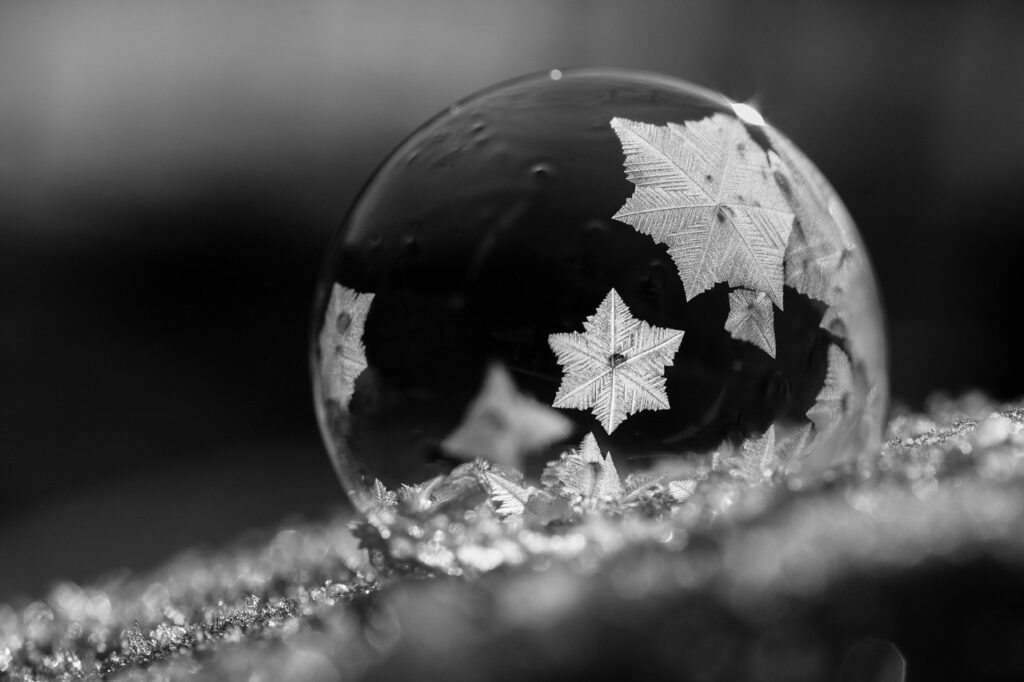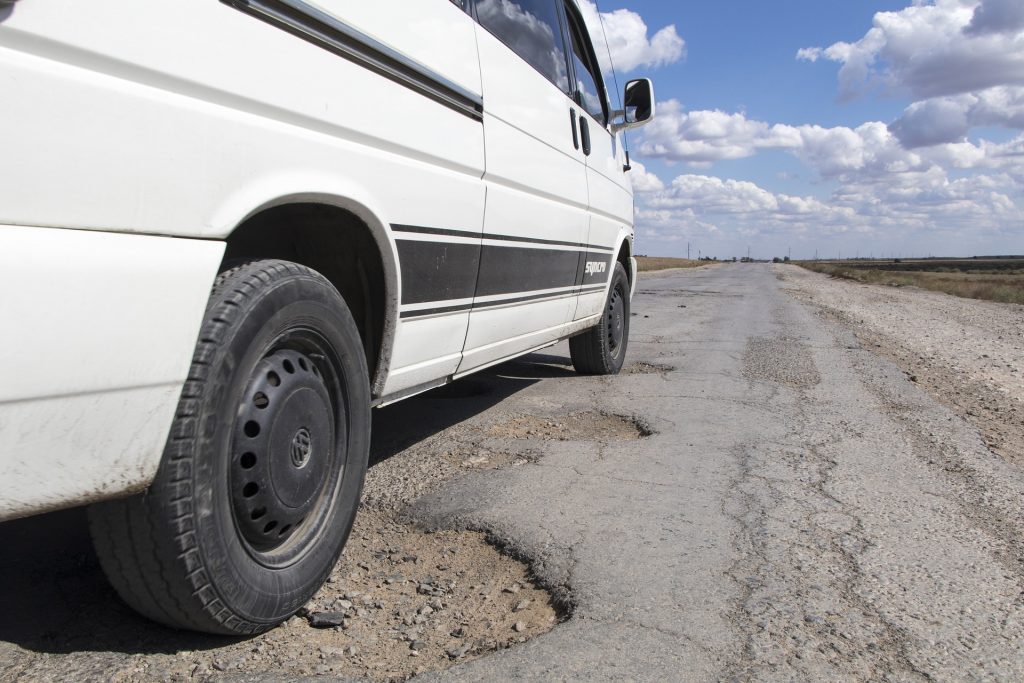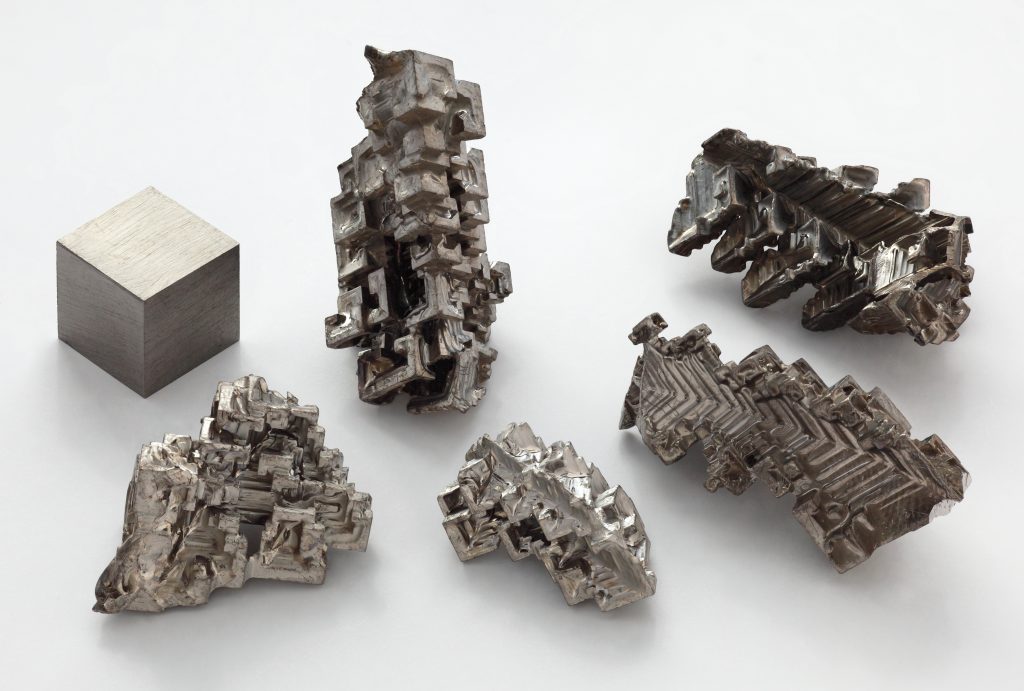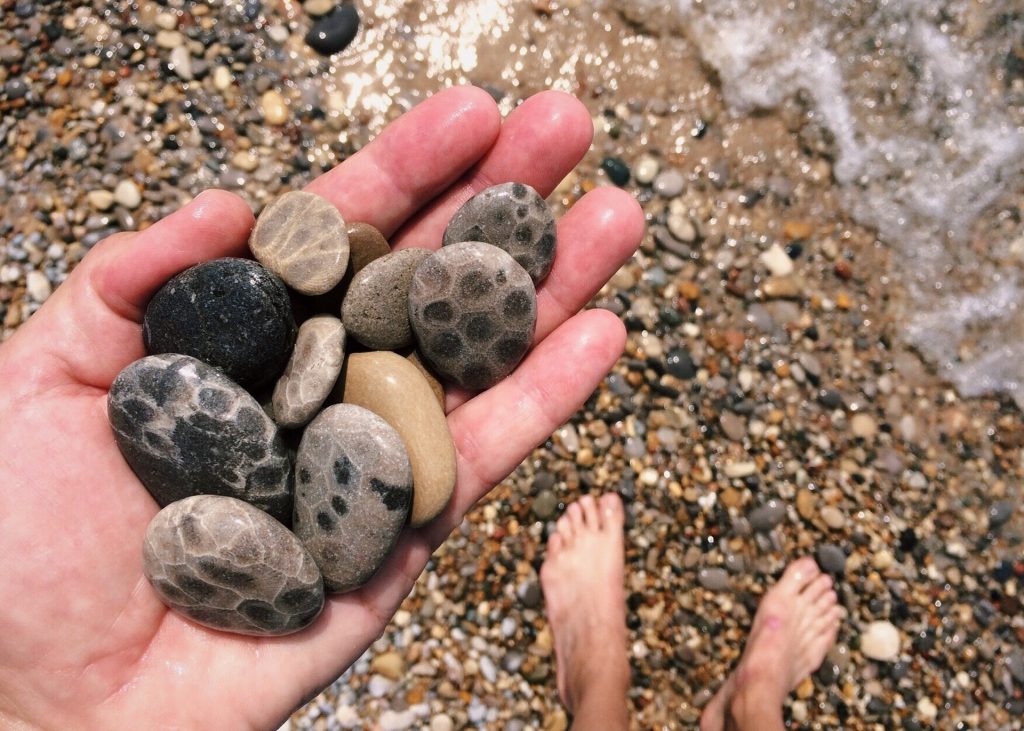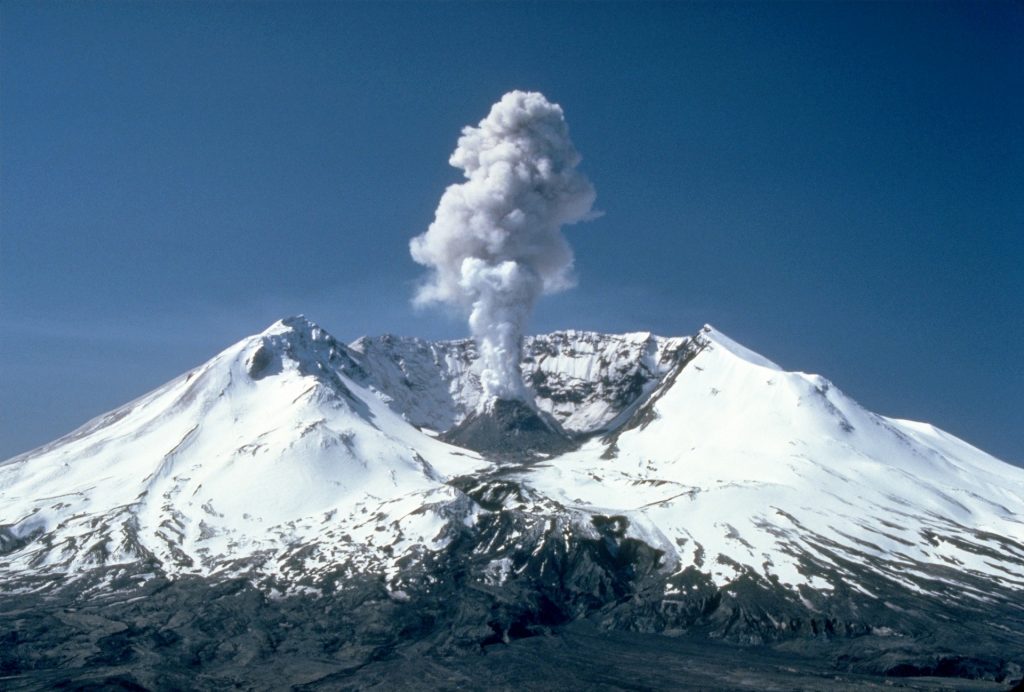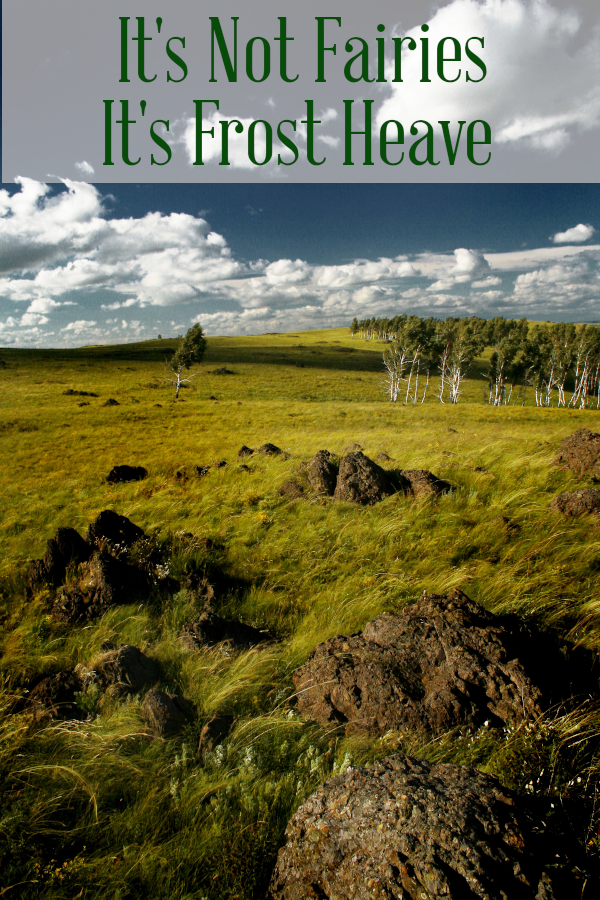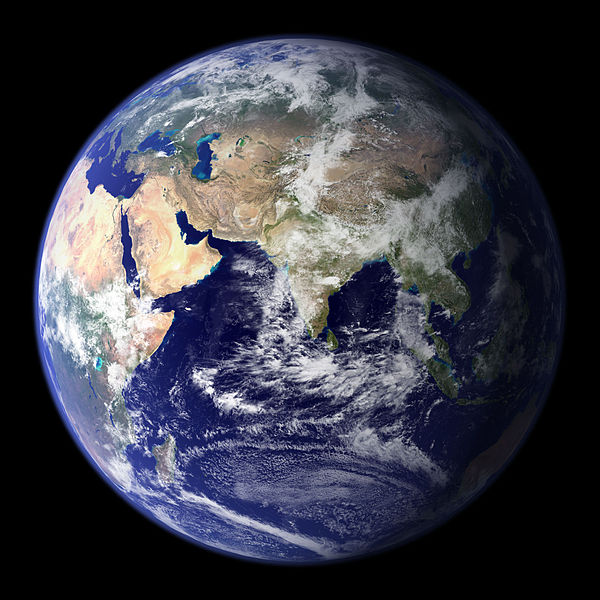Crystals are what happens when matter gets organized. Atoms, ions, or molecules line up in repeating patterns, building solid structures that can be seen with the naked eye or only under a microscope. This invisible order is what gives crystals their characteristic shapes, colors, and properties, whether they form deep underground, in a metal pot …
